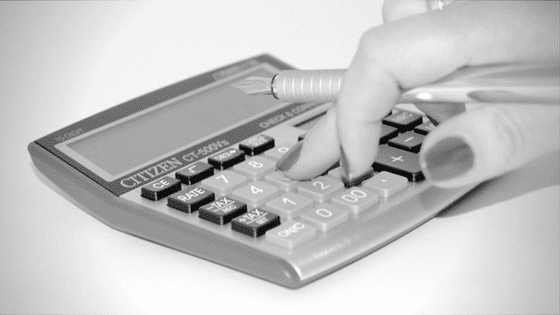In the excitement and flurry of launching your first startup, getting on top of taxes can be a steep learning curve. However, if you do it successfully, turning your ideas into reality will be that much sweeter.

It’s safe to say that taxation is a tricky piece of the puzzle. And making the wrong moves can be all too easy. To make sure you’re properly prepared, here are 10 mistakes you’ll need to avoid.
- Going in blind
Financially speaking, starting a business is a huge thing. Naturally, you’ll want to be as prepared as possible. So before you dive in, write down a list of all your potential expenses, from renting office space and hiring employees, to buying equipment and making a website. Give a rough cost estimate for each. This will help you create a budget, determine what you can and can’t afford, help you avoid common mistakes, and better understand your future tax obligations.
- Choosing the wrong business structure
Before you’re up and running, you’ll need to figure out what type of business you’re going to be. Sole trader? Partnership? Company? Each type has clear outlines on licensing, how much control you’ll have, ongoing costs, and importantly – tax. You’ll need to do your research, look at all the options, and decide which structure best suits your needs.
- Not seeking help
Getting professional tax help should be a priority from the start – especially if you haven’t had much experience. A tax professional can help you decide which business structure to use, manage the bookkeeping, ensure you’re following all the rules and regulations, and be there to answer pressing questions along the way. Basically, they can take care of the nitty-gritty, while you can focus on the big picture.
- Mixing business with pleasure
It doesn’t matter how small your business is, it’s important to separate your finances. When you’re just starting out, it can be easy to operate out of the one account. However, it can be justas easy to lose track of time and not record things properly. If you want to save yourself a lot of headaches down the road, create a separate business account.
- Not recording everything
Right from the get go, you should be making records of all your business expenses. That way, you’ll have more to claim back at the end of financial year. This includes everything from travel tickets and office supplies, to client dinners and startup costs. Make sure you keep tabs of everything as you go, using simple tech tools to help streamline the process. On that note…
- Not using technology
You’ll need to figure out how to properly track all your transactions. Not just expenses you can deduct, but your invoices, financial obligations, contract agreements, late fees, and quarterly payments too. It’s a lot to be aware of, which is why accounting technology can be so helpful. Many systems, like Quickbooks, are cheap and easy to use. There are also other options, both software and cloud-based, to choose from. Importantly, it’s about using a system that helps you properly manage your cash flow. Not just when you start, but for years to come.
- Lodging on time
When you’re busy with a new business, it can be surprisingly easy to forget the simple things. In Australia, if you’re preparing your own tax return, you must lodge by 31st October. If you’re using a registered tax agent, they’ll have different lodgement dates. And if you have employees, their group certificates need to be lodged to the ATO by 14 August each year.
- Not staying up to date
Do you create scheduled profit and loss statements? If not, it’s time to give your business a health check. Regular statements will give an overview of how everything is travelling, as well as helping you or your accountant spot any discrepancies from one statement to the next. Staying up to date is also about keeping track of tax laws. Because if you’re not paying attention, you can easily miss important changes.
- Getting the status of workers wrong
You can land in some pretty hot water if you don’t understand the status of your employees. For example, if you’ve started an events startup and you’re hiring a group of production professionals for every show, chances are you’ll need to pay their super contributions – particularly if they’re contractors. So you don’t run into legal troubles, always chat to your tax advisor or do your research.
- Not following up
When you’re new to the game, it’s easy to assume your invoices will be paid on time. But sometimes, this just isn’t the case. To avoid financial headaches and wasted time, don’t be afraid to follow up on unpaid invoices. Using cloud-based accounting software and online payments can help automate the process – making it easier for your clients to pay up.
Ready to make tax less taxing?
As a startup or small business owner, understanding tax is simply part of the bigger journey. It can be hard to wrap your head around, but it’s important to remember that finance is the backbone of any business. And knowing what to do (and what not to do) will make your life a lot easier.




















